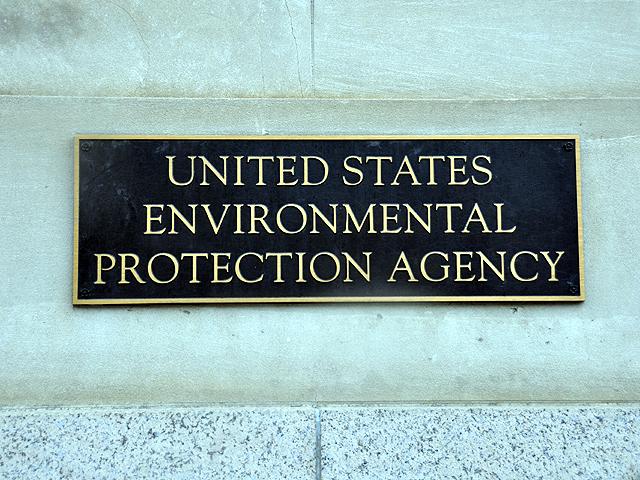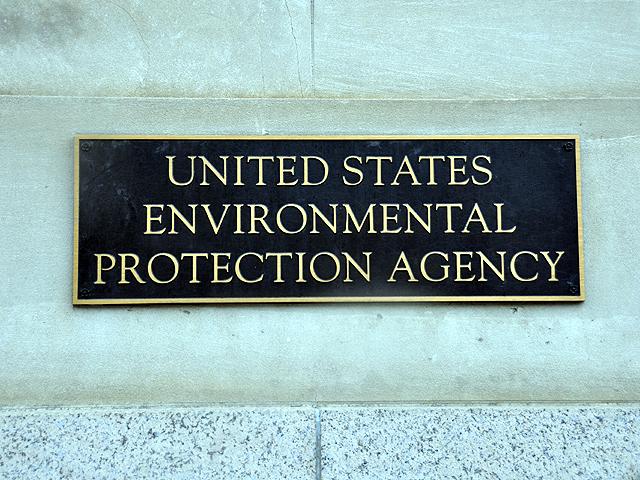Ethanol Blog
Ag, Biofuels Express Hope Biden Administration Will Right RFS Ship
LINCOLN, Neb. (DTN) -- For all the criticism the Biden administration has taken for its handling of the Renewable Fuel Standard, EPA's far-reaching proposal released on Tuesday is a swing for the fences designed to appease both ethanol and oil.
The administration attempted to balance cuts to corn ethanol's portion of the RFS with a denial of all pending 65 small-refinery exemptions, a restoration of 500 million gallons found to be illegally slashed from the RFS from 2014-2016, as well as a USDA announcement approving some $800 million in aid to biofuels producers.
Though the proposal is an attempt at compromise -- something the Trump administration struggled with consistently -- reaction to the proposal was all over the board.
Nebraska Republican Gov. Pete Ricketts offered a blunt assessment of the proposal.
"President Biden claims to be committed to cleaner air, but his actions show that he's simply playing favorites with his energy policies," Ricketts said in a statement.
"He needs to stop the hypocrisy and support cleaner burning, renewable fuels produced in America's Heartland. The EPA's blatant disregard for statutory RVO levels further undermines the Biden-Harris administration's credibility with rural America. By dragging its feet on RVOs, the EPA has caused uncertainty in the biofuels industry. Now, it has undercut ethanol producers and farmers by slashing 2020 RVOs after the fact and cutting 2021 RVO targets."
Iowa Republican Gov. Kim Reynolds said the Biden administration "failed Iowans and Iowa's agriculture industry" with the proposal.
"These 2020 and 2021 RVOs are a slap in the face to Iowa farmers and renewable fuel producers and a direct contradiction of multiple campaign promises made by President Biden," Reynolds said.
"This announcement is beyond disappointing, and I have no plans to back down from fighting for our renewable fuel industry."
Iowa farmer Chris Edgington, president of the National Corn Growers Association, said the proposals to deny small-refinery exemption requests and restore 500 million gallons to the RFS were a positive step.
"These actions help move renewable fuels forward," he said.
"However, reopening 2020 volumes is unprecedented and rewards the use of more oil at the expense of the environment. We strongly urge EPA to move forward with finalizing the strong 2022 volumes while correcting course on the proposed retroactive cuts."
American Coalition for Ethanol Senior Vice President Ron Lamberty said although ethanol is a ready source of low-carbon fuel the EPA proposal was a missed opportunity.
"Instead of insisting on renewable fuel volumes required under the law, EPA's novel approach to its authority results in the foot being taken off the decarbonization accelerator to let petroleum companies determine how much ethanol they wanted to blend in 2020 and 2021," Lamberty said.
P[L1] D[0x0] M[300x250] OOP[F] ADUNIT[] T[]
"This is not the way to drive low-carbon transportation fuel alternatives quickly. The RFS is an exceptionally well-written law with provisions written into it to deal with even the devastating volume loss experienced in 2020 and 2021. EPA is missing the mark on using the RFS to the fullest extent."
Sen. Deb Fischer, R-Nebraska, said the EPA proposal was giving the oil industry a "huge break" at the "expense" of farmers.
"That doesn't add up," she said in a statement.
"Retroactively lowering the 2020 RVOs and setting low 2021 RVOs is a betrayal of the hardworking men and women of rural America. To pile on, the administration is trying to conceal this bad news by taking credit for biofuels COVID-19 assistance I fought for that Congress passed and President Trump approved in 2020. The administration held this assistance back for three extra months and is releasing it now to distract Americans from its actions."
Sen. Charles Grassley, R-Iowa, slammed the Biden administration for pushing an agenda, calling for greenhouse gas emissions reductions while cutting the ethanol mandate.
"This administration has spent much of its first year crowing about its climate priorities while simultaneously begging OPEC to reduce skyrocketing oil costs," Grassley said in a statement.
"Domestically produced biofuels help to solve both of these problems, but the Biden administration opted not to take yes for an answer. I don't want to hear another word about President Biden's so-called climate priorities until he puts his money where his mouth is and delivers cleaner, cheaper biofuels for Americans, just as he promised Iowans on the campaign trail."
SUPPORT FOR THE MEASURE
A number of agriculture and biofuels groups expressed support for the proposal, because it would fix a number of perceived problems with the RFS.
Zippy Duvall, president of the American Farm Bureau Federation, said the proposal would "uphold the integrity" of the RFS.
"The American Farm Bureau Federation appreciates the administration's recognition that renewable fuels produced by America's farmers have an important role in America's future," Duvall said in a statement.
"Today's EPA announcement upholds the integrity of the RFS by setting a positive target for 2022 renewable volume obligations of 20.77 billion gallons of blending and saying no to all 65-pending small-refinery exemptions, which have undermined renewable fuel production in the past. We're also pleased USDA will finally be allocating $700 million in pandemic assistance for losses related to biofuel production."
The proposal is a net-positive for advanced biofuels, including biomass-based diesel, which would expand from 2.43 billion gallons in 2020 and 2021 to 2.76 billion in 2022.
Iowa Soybean Association President Robb Ewoldt, a soybean farmer from Davenport, said the proposal was much needed for farmers.
"Iowa soybean farmers welcome the EPA's announcement to improve 2022 biofuel volumes and expand biofuel infrastructure," he said in a statement.
"These decisions not only send a clear message to growers, but further demonstrate the important role homegrown energy plays in expanding rural vitality and meeting carbon emission goals outlined by the Biden administration. While farmers remain optimistic in light of these biofuel investments, the agency should not ignore the reservations made by growers caused by volume delays in recent years."
EPA started to fall behind on implementing RFS volumes under the Trump administration. Though Tuesday's proposal was welcomed by many, the agency was to have finalized 2022 volumes by last week.
Kevin Scott, a South Dakota soybean farmer and president of the American Soybean Association, said there were reasons for hope in the proposal.
"We are appreciative that EPA has released its decision on these numbers that are critical to implementation of the Renewable Fuel Standard," he said in a statement, "but of course we would have liked to have seen higher retroactive numbers for 2020 and 2021. We are heartened, however, by the 2022 RVO and hope 2023 remains on that upward trajectory."
Kurt Kovarik, National Biodiesel Board vice president for federal affairs, said his group believes the proposal will benefit the biodiesel industry.
"During the past two years' economic challenges, our industry worked hard to meet growing U.S. demand for cleaner, better fuels," he said in a statement.
"We are confident that we can continue to grow and innovate to meet additional market needs. EPA's rule provides some growth for advanced biofuels in 2022 and we hope puts an end to the demand destruction that resulted from unwarranted small-refinery exemptions."
Brooke Coleman, executive director of the Advanced Biofuels Business Council, pointed to the proposal as a potential end to EPA's previous management of small-refinery exemptions.
"This proposal signals a possible end to the era of oil-refinery waiver abuse, an embrace of new fuels, and biofuel market growth in 2022 -- clear steps in the right direction," he said in a statement.
"But if we're going to unleash the full potential of the RFS, the retroactive cuts need to stop. It's time to make a clean break from the same, old political games we see every year from refiners betting against clean energy and focus on creating a new wave of clean energy jobs across America's heartland."
Read more on DTN:
"EPA Proposes Corn-Ethanol Cuts to RFS," https://www.dtnpf.com/…
Todd Neeley can be reached at: todd.neeley@dtn.com
Follow him on Twitter @DTNeeley
(c) Copyright 2021 DTN, LLC. All rights reserved.






Comments
To comment, please Log In or Join our Community .